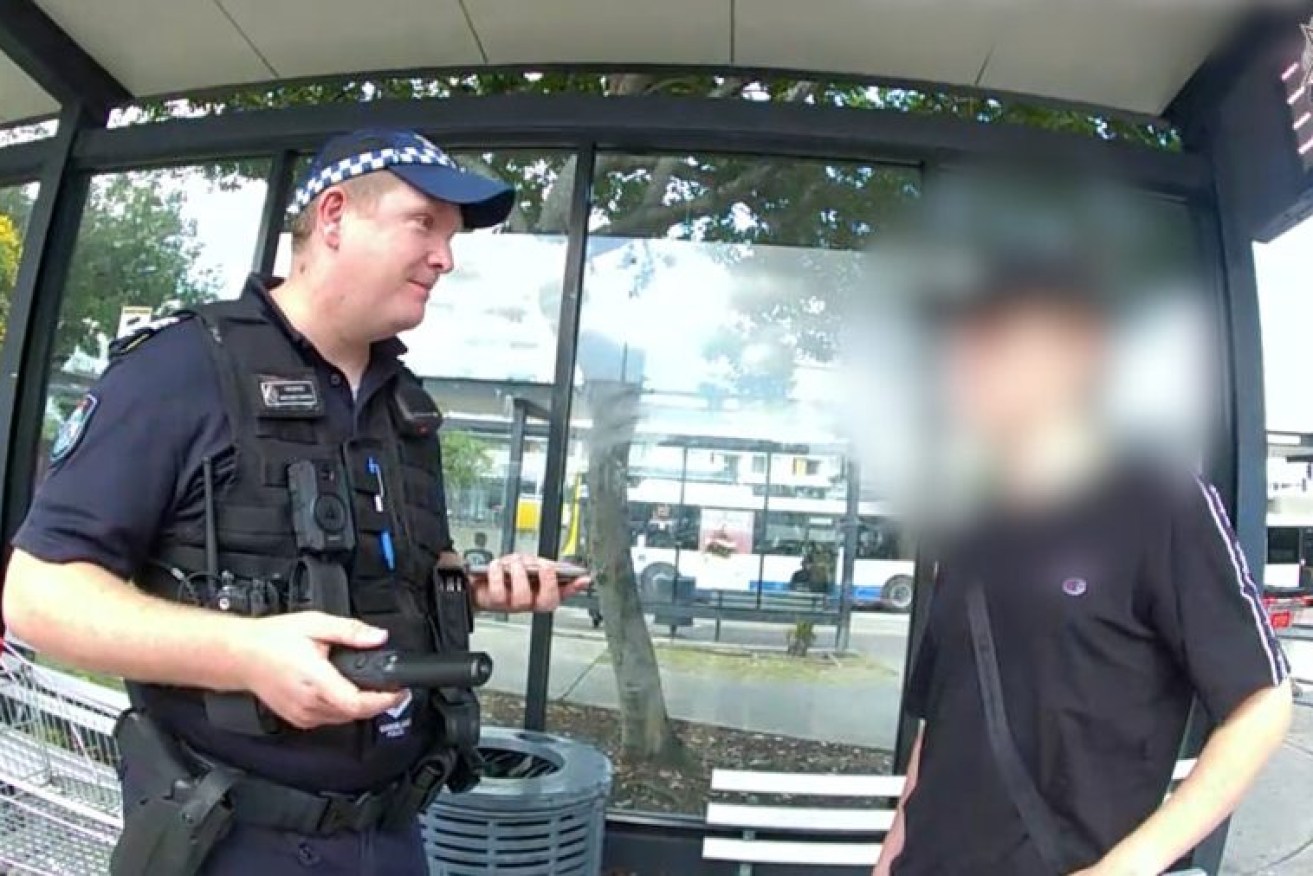‘Envy of other states’: How wave of the wand got 500 weapons off our streets
Police report over 500 weapons have been seized across Queensland during the first year of Jack’s Law, which allows officers to stop and scan individuals at will within Safe Night Precincts, public transit hubs and on public transport.

In 2019 17-year-old Jack Beasley was fatally stabbed while out with friends on the Gold Coast. By 2023 ‘Jack’s Law’ had been passed as legislation, which allows police officers to search people at all Queensland safe night precincts, public transport stations and on public transport using handheld metal detection devices known as ‘wands’.
Introduced as an initiative to crack down on knife crime, particularly among young people, as the legislation passed its first year in effect. Youth Crime Taskforce Acting Assistant Commissioner Andrew Massingham has called it “a success story, without a doubt”.
Queensland Police have reported 508 weapons seized state-wide over the course of 4,100 handheld metal detection operations during which 51,000 individuals were scanned.
Weapons seized range from kitchen and butcher’s knives to tomahawks, hammers, hunting knives, knuckle dusters and screwdrivers. The police have apprehended 1,369 people on 2,469 charges, in relation to weapon, drug, bail and other offences.
Jack’s Law has been acknowledged by the Police as “incredibly robust”, as it gives them unprecedented power to stop anyone at random and investigate them without due cause or reasonable suspicion. Within the approved zones any individual must allow an officer to scan them if stopped, or risk being charged with obstructing police and other offences.
“It is the envy of other states and territories can I say,” said Acting Assistant Commissioner Massingham. “This is a piece of legislation that allows us … to search people without a warrant under some authorisation guidelines that we have, looking for knives on our transport hubs and also in our safe night precincts.”
The wanding initiative is currently in “trial form”, lasting until only 2025. However members of the LNP have called for such powers to be made permanent, and the police are seeking to expand the scope of laws to include shopping centres.
These endeavours have been supported by Jack Beasley’s parents Brett and Belinda, who operate the Jack Beasley Foundation, and have campaigned for the introduction and widespread adoption of these laws.
“They need to understand that it affects so many people’s lives and people need to understand that it’s a lifelong sentence that we’ve got,” said Ms Beasley.
Massing said much of the credit was due to the Beasleys.
“I want to commend Brett and Belinda Beasley, from the Jack Beasley Foundation, for their tireless advocacy and support around the extension of wanding powers to assist the QPS with detecting weapons and combating violence,” said Massingham.
“For more than 500 weapons to be taken off the streets in a year, that’s 500 potential acts of violence disrupted, and people protected.”
Others are not such fans of Jack’s Law, including the Queensland Council for Civil Liberties, which has lodged concerns that the legislation may be used by the police to circumvent civil rights and to disproportionately target and profile minority groups.
The council has pointed to the review of the trial of Jack’s Law, completed by Griffith University’s Criminology Institute as the basis for its concerns.
The report noted that wanding was inconsistently used across different groups in the community and there was “evidence of inappropriate use of stereotypes and cultural assumptions” from some officers.
More significantly the report found that while wanding contributed to the increased detection of knife carrying, there was no evidence of any discernible deterrent effect.
The report stated “while more knives have been detected in Surfers Paradise, as yet this has not led to a statistically significant drop in violent crime during the trial period.”
Indeed the report suggests that wanding should only be used in places where data shows a high prevalence of knife offences occurring over a sustained period or evidence suggests weapons are more likely to be carried – the exact opposite of the strategy that police are currently advocating for.
The Queensland government has committed $6 million towards knife prevention and education campaigns, including $500,000 over two years to the Beasley Foundation. In February the government brought forward legislation banning the sale of replica guns, knives and other edged weapons to minors in a bid to crack down on youth crime.
In February the Queensland government brought forward legislation banning the sale of replica guns, knives and other edged weapons to minors in a bid to crack down on youth crime.











